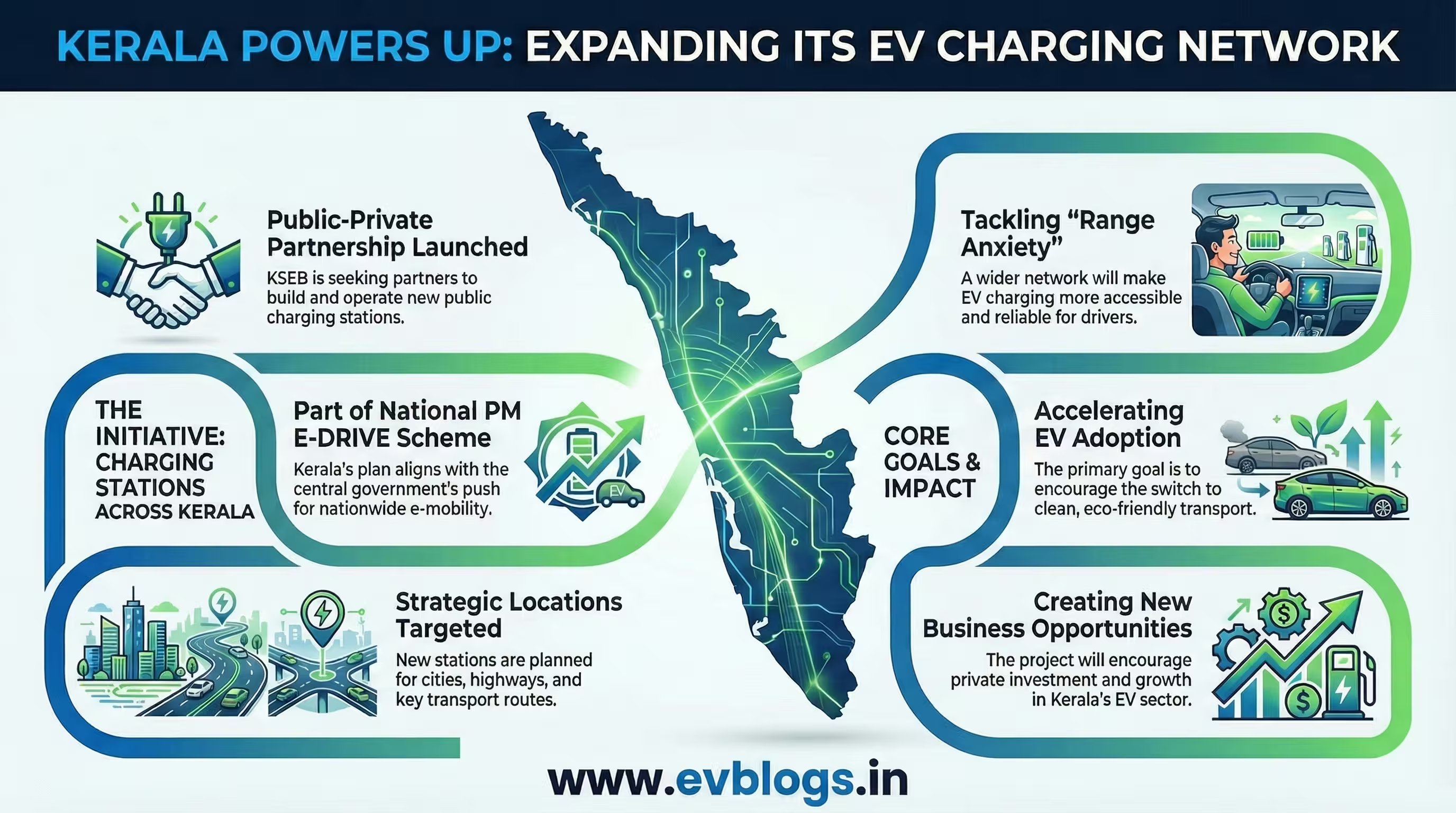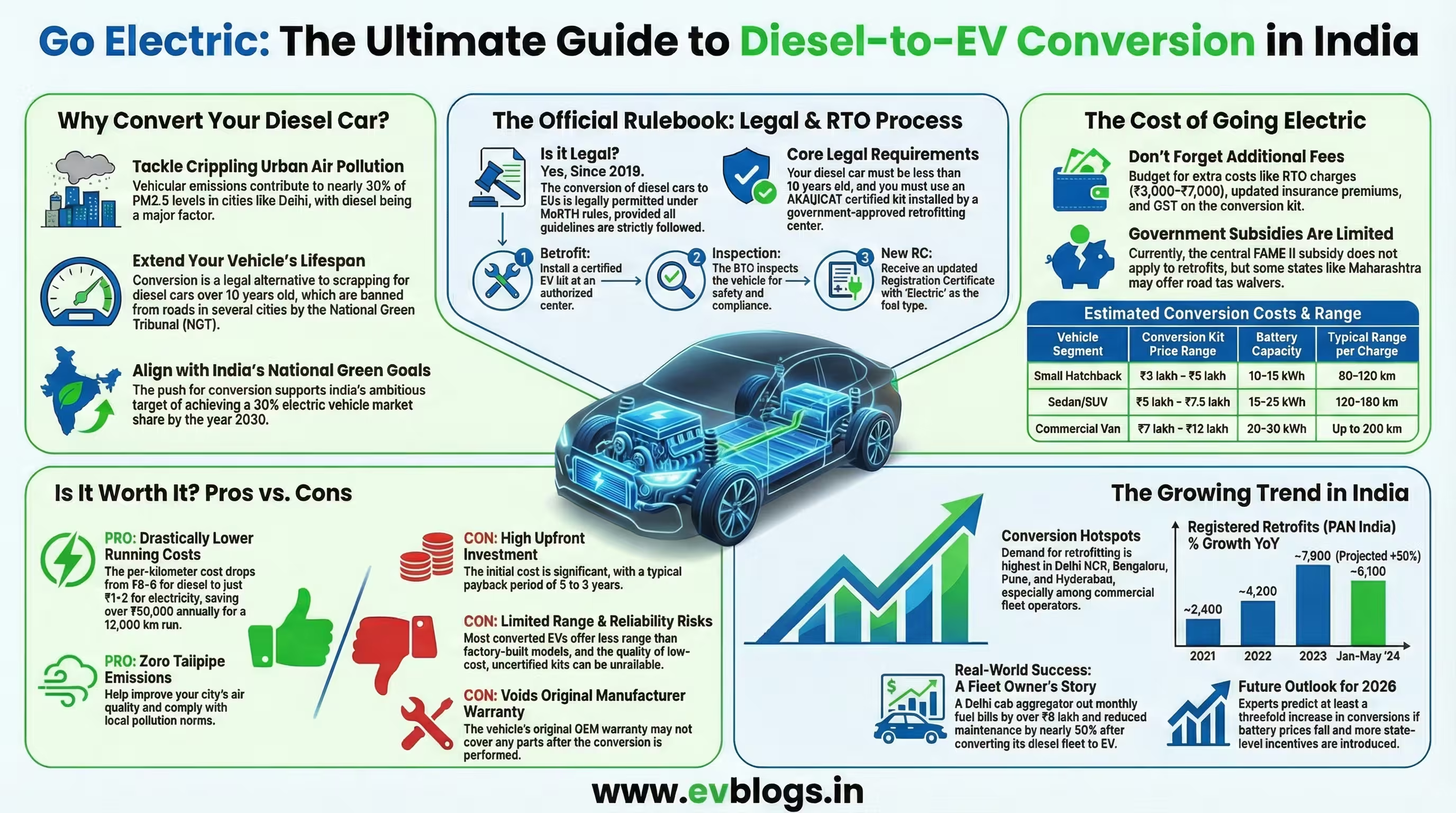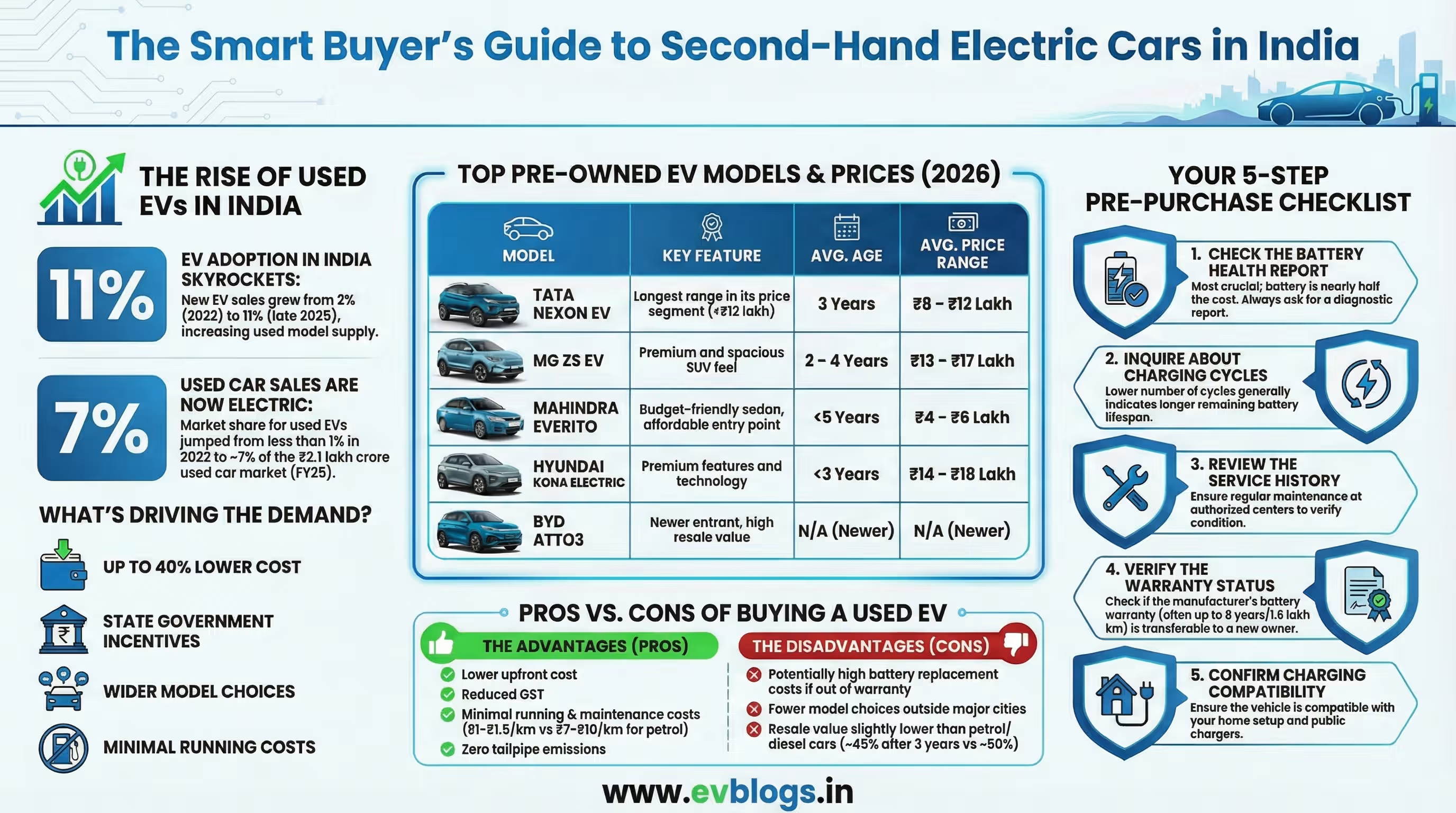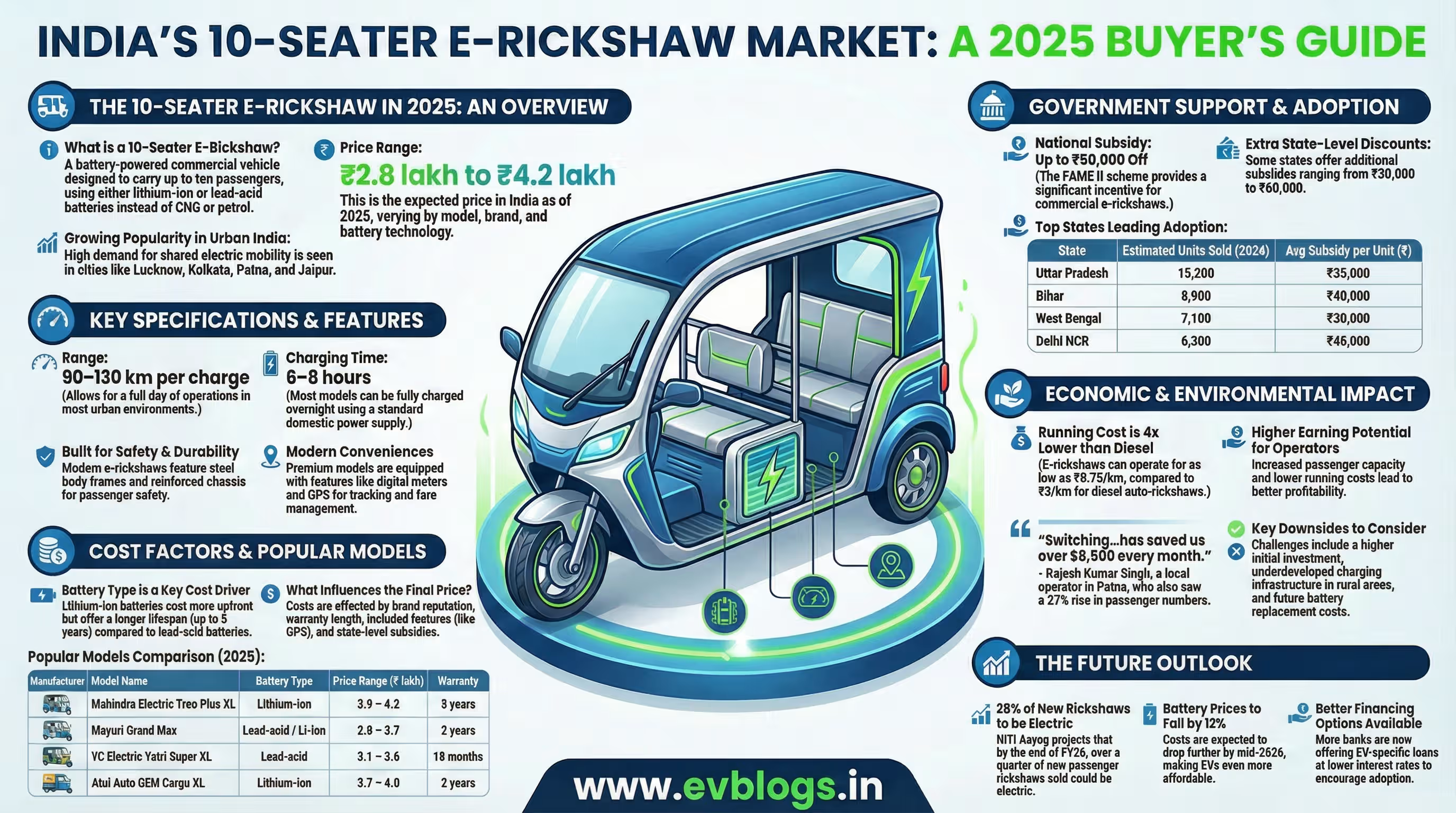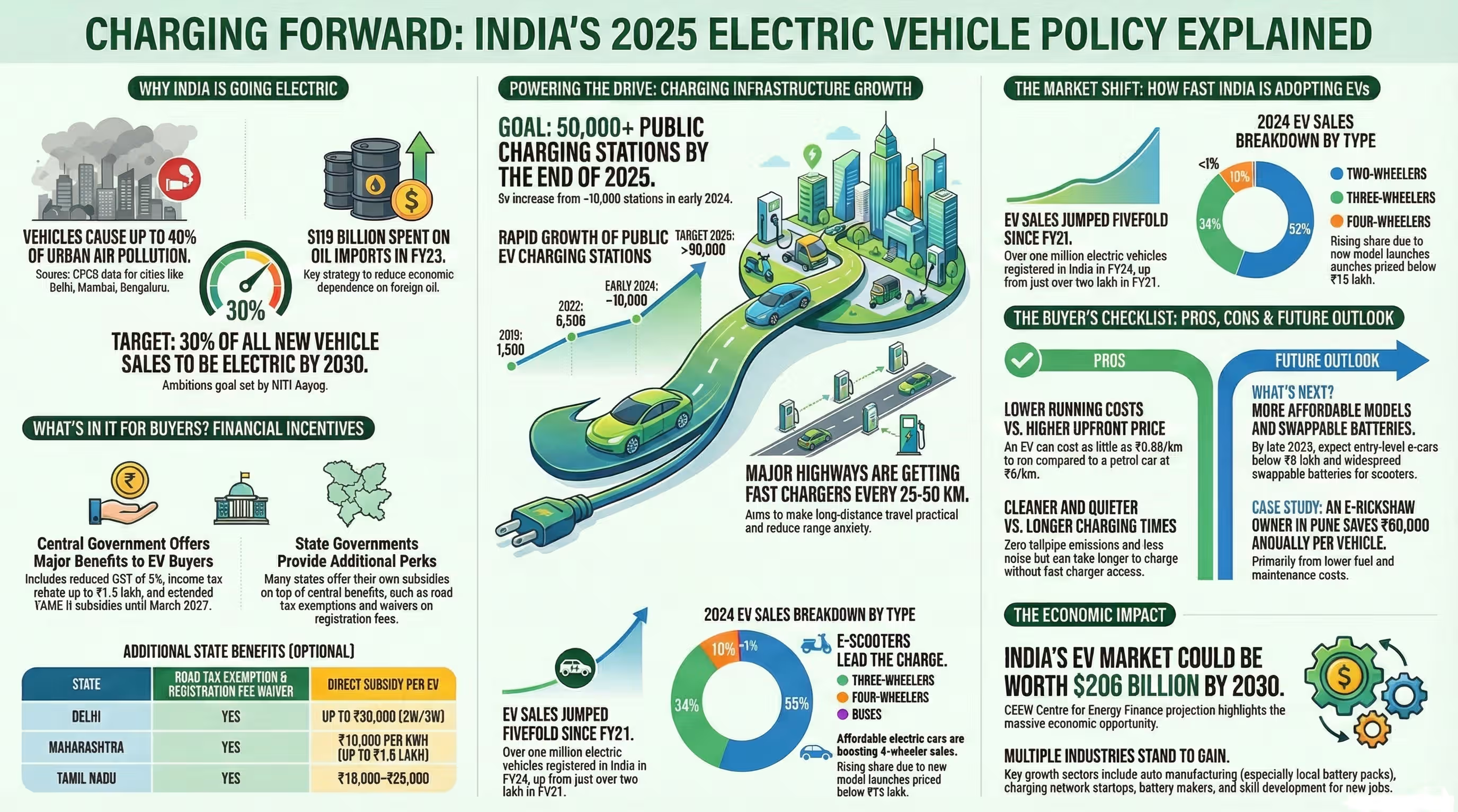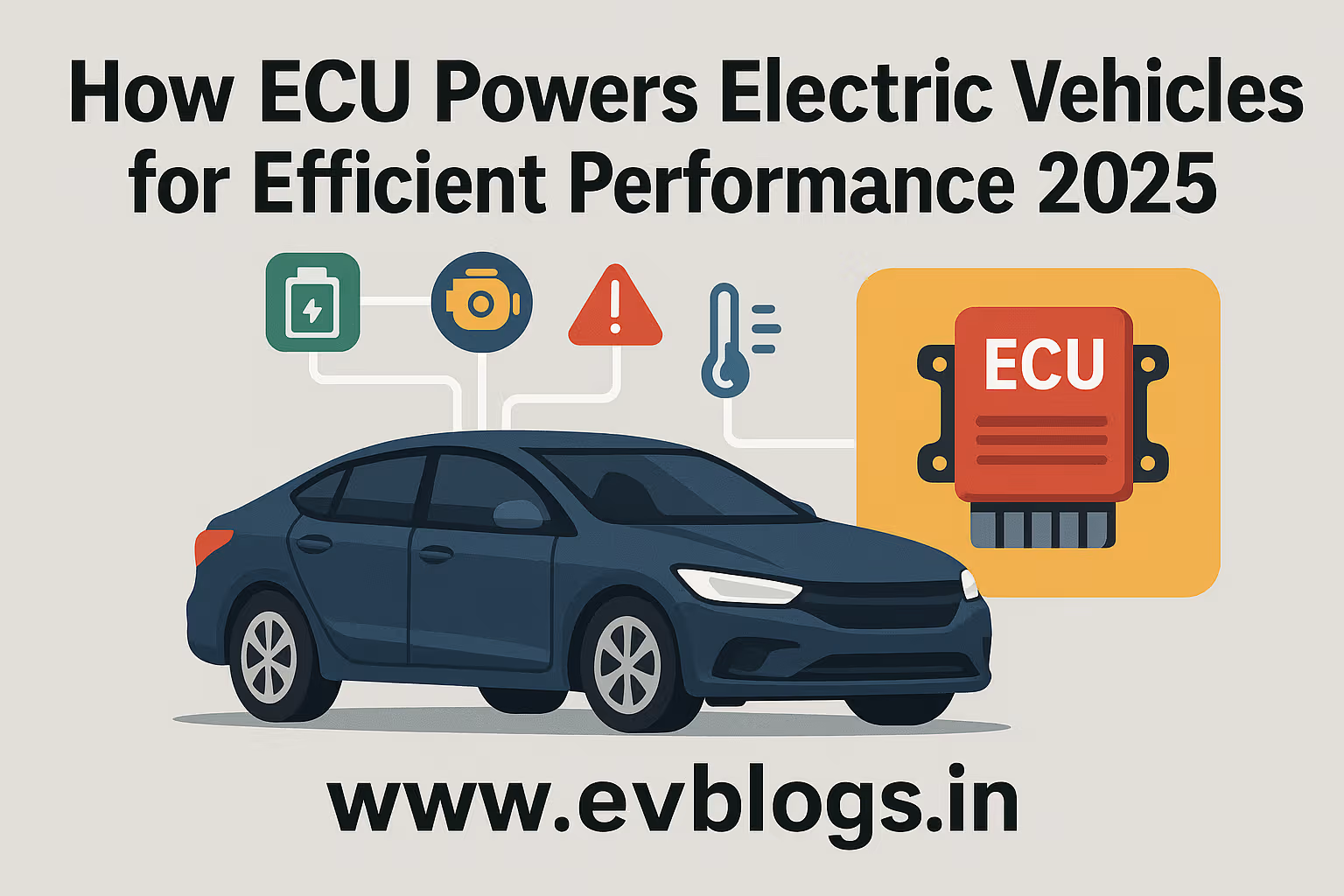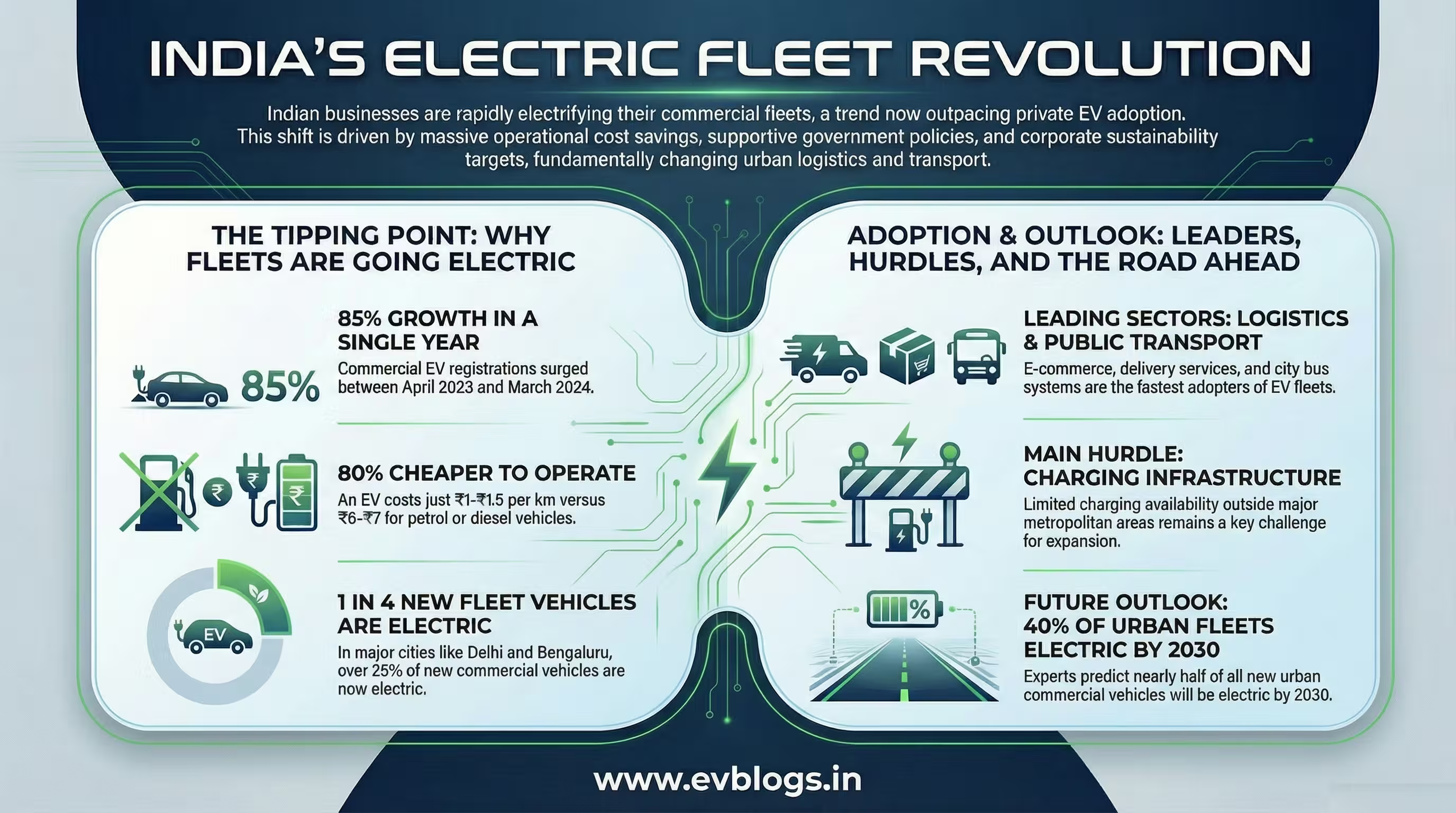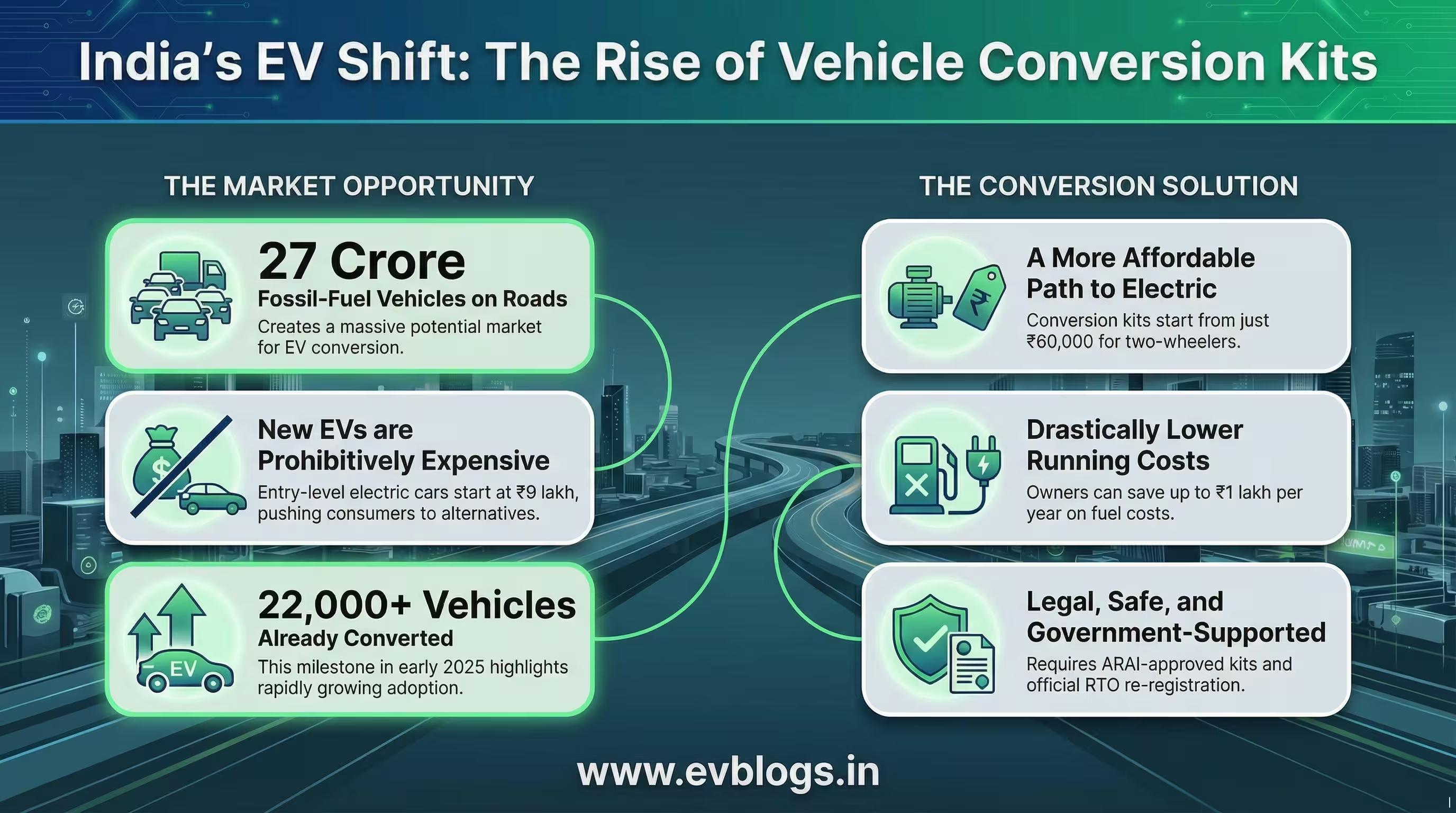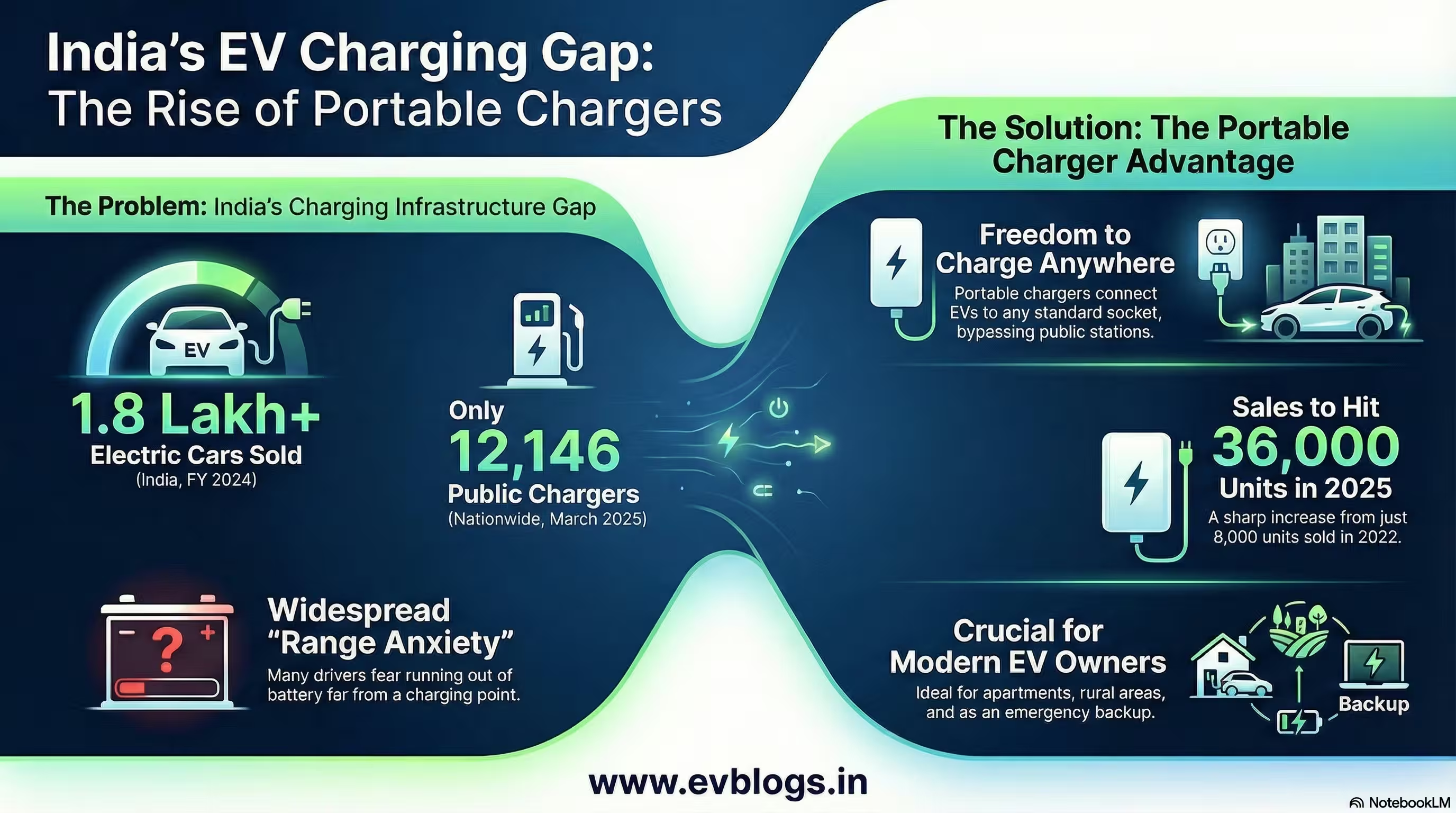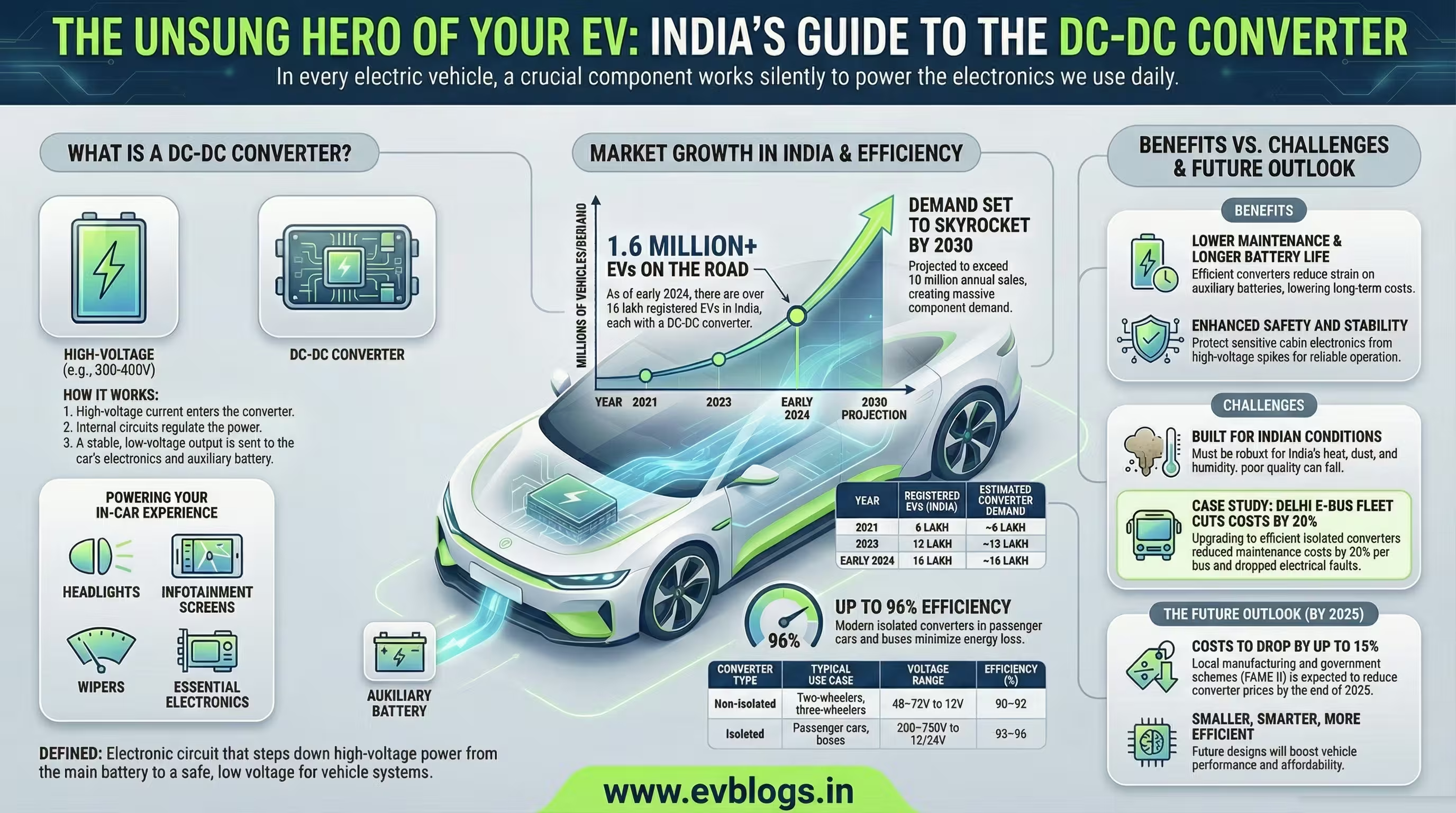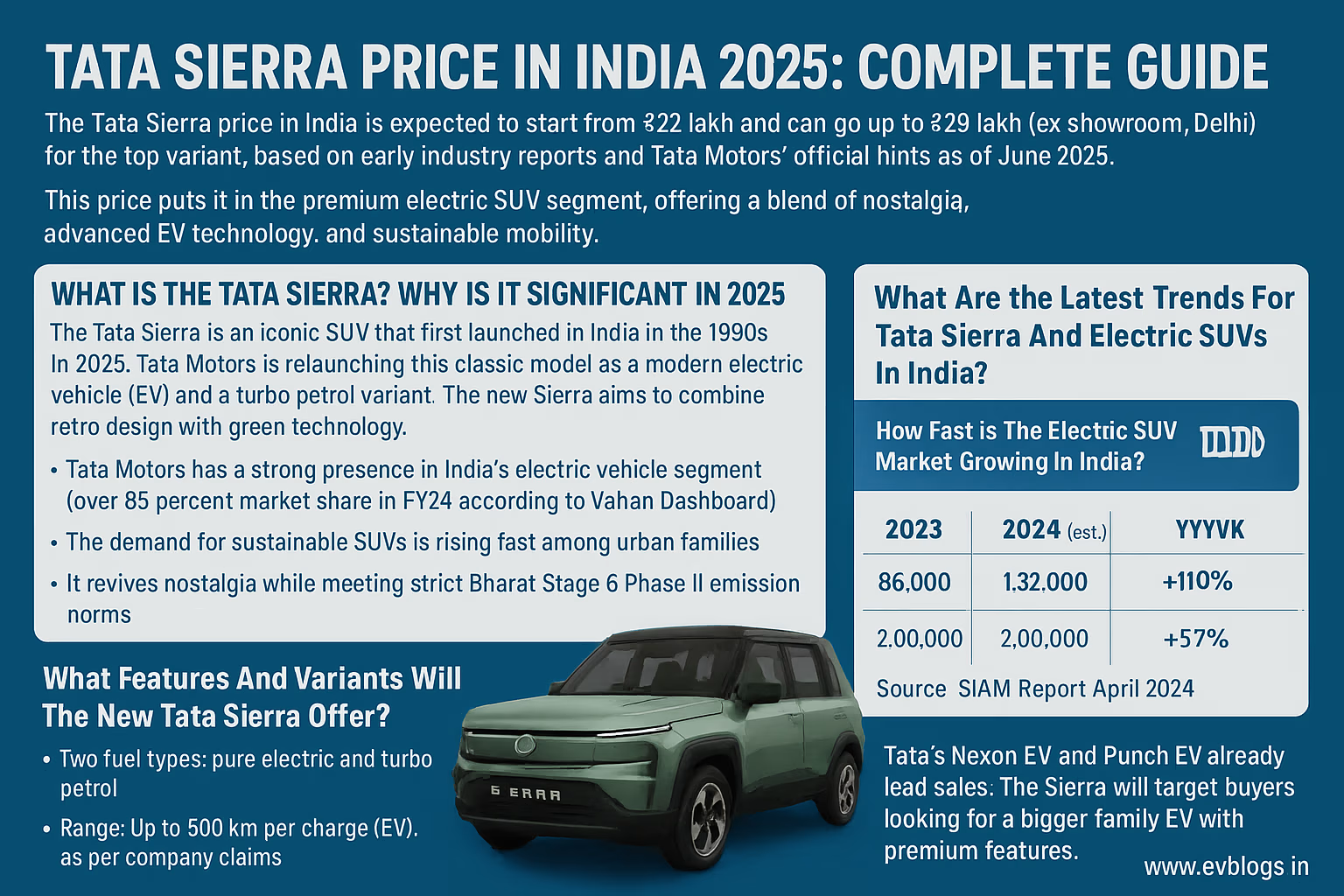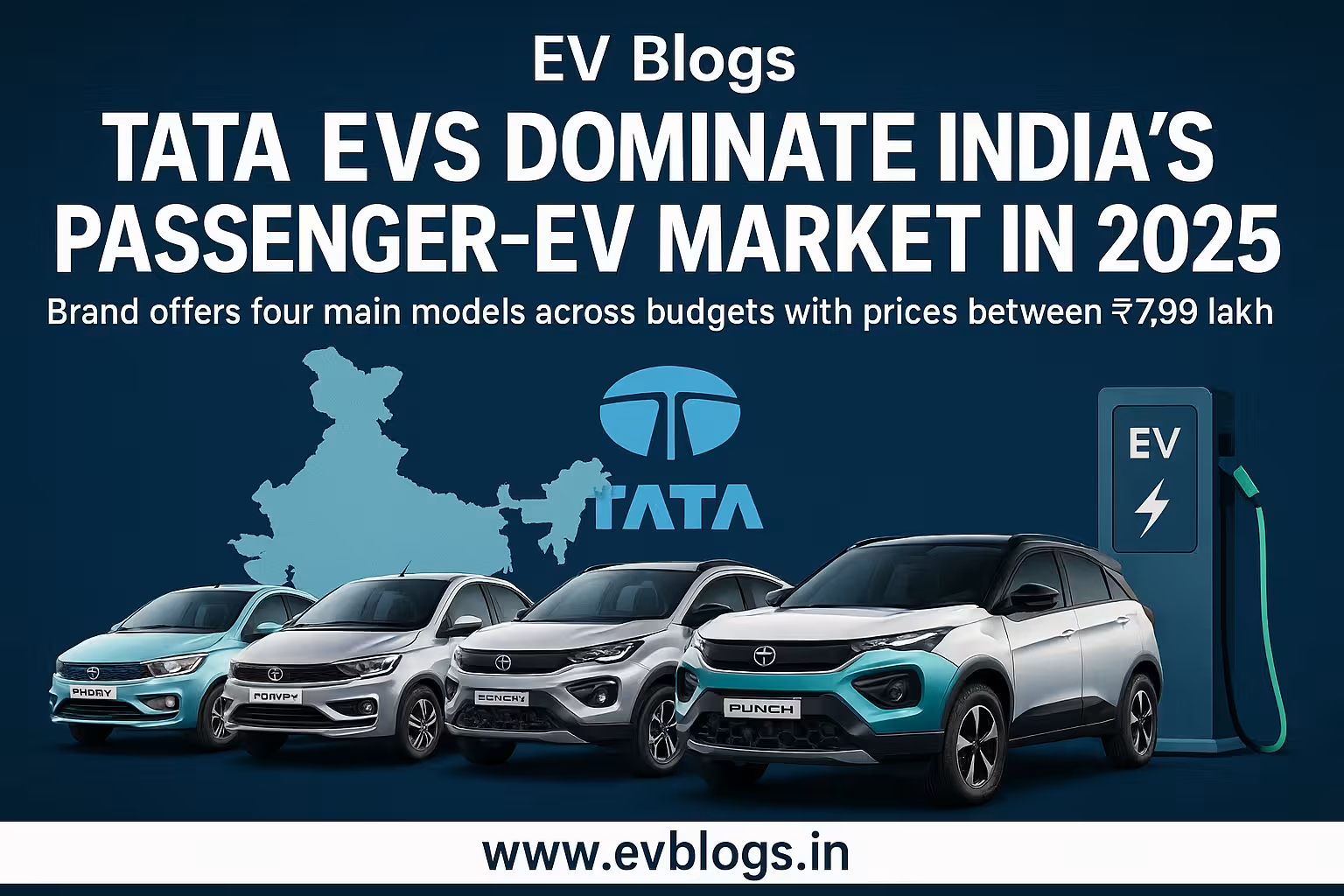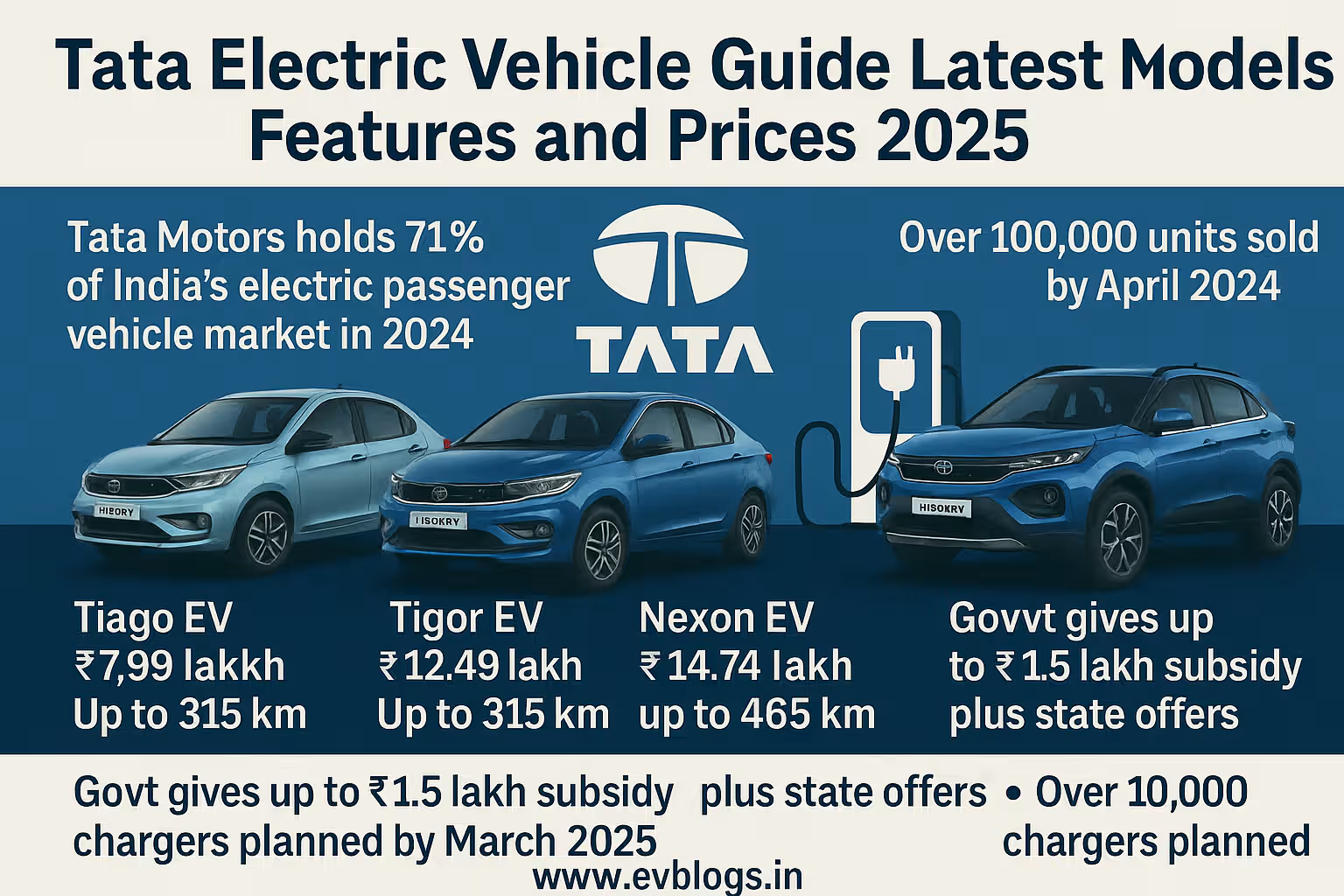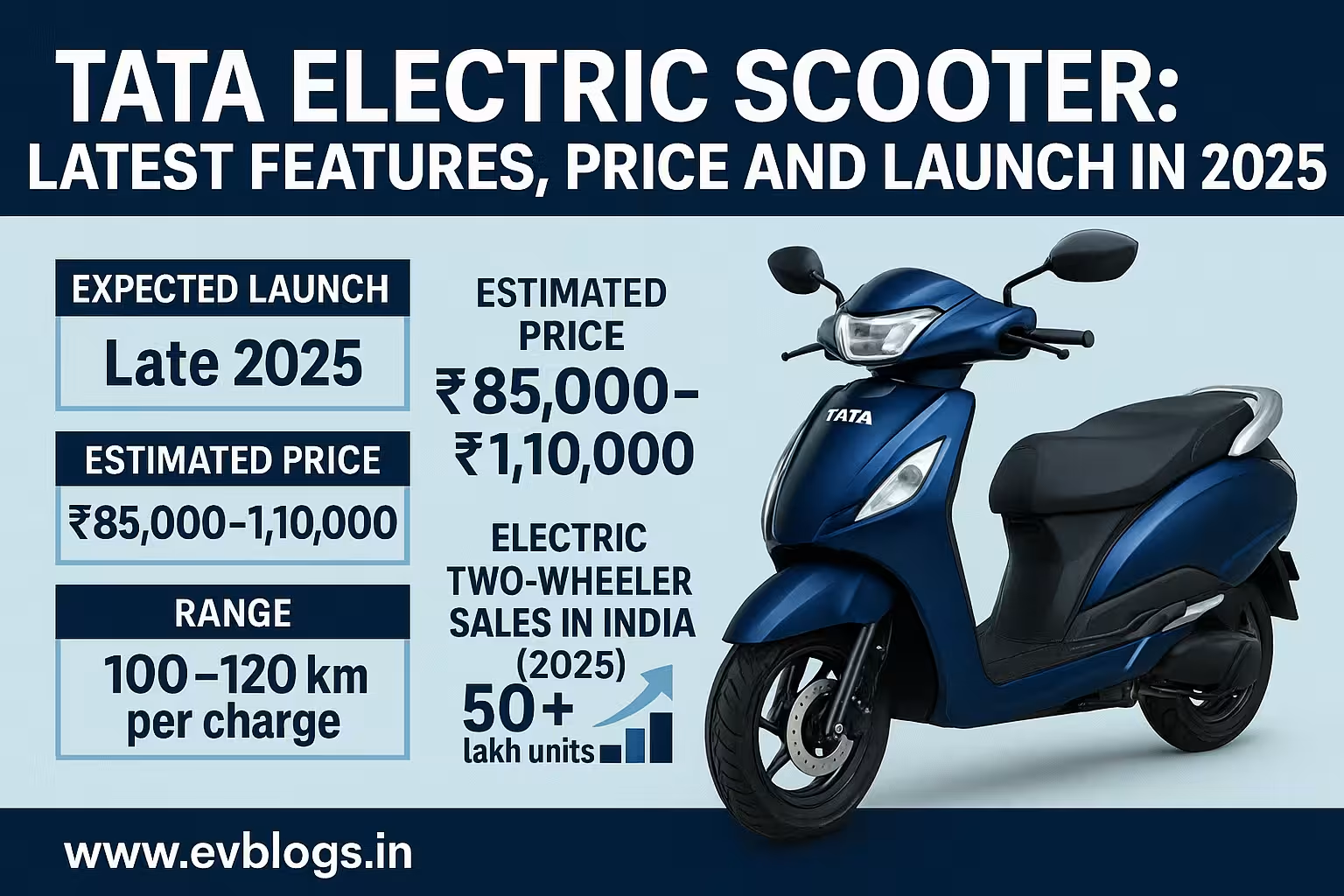Hedhvick Hirav
Hedhvick Hirav is a dedicated EV researcher and editor with over 4 years of experience in India’s growing electric vehicle ecosystem. Their contributions have been recognized in leading sustainability publications and automotive journals.
Summarize & analyze this article with
Choose an AI assistant and open this article directly:
Tip: if the AI doesn’t fetch the page automatically, paste the article URL manually.
Hybrid cars are gaining strong traction in India in 2025, as more people look for greener and cost-saving alternatives to traditional petrol or diesel vehicles. According to the Federation of Automobile Dealers Associations (FADA), sales of hybrid passenger vehicles jumped by over 75 percent year on year in 2024, with over 1.2 lakh units sold. Hybrid cars combine a petrol engine with an electric motor, offering better mileage and lower emissions—making them a smart choice for Indian buyers concerned about rising fuel prices and environmental impact (Source: FADA Annual Report 2024).
What Are Hybrid Cars and How Do They Work?
Hybrid cars use both a conventional internal combustion engine (usually petrol) and an electric motor powered by batteries. The car can switch between or combine the two power sources, depending on the driving conditions.
- During city drives: The electric motor often powers the vehicle at low speeds.
- On highways: The petrol engine kicks in for higher speed and power.
- Regenerative braking: This system stores energy when you brake, charging the battery as you drive.
This mix reduces fuel use and tailpipe emissions compared to regular cars.
Why Are Hybrid Cars Important for India in 2025?
How do hybrids address India’s unique needs?
India faces rising air pollution, fuel costs, and urban congestion. Hybrids offer practical solutions:
- Better fuel efficiency: Most hybrids give 20–28 km per litre, compared to 12–18 km/l for similar non-hybrids (Source: Autocar India Road Tests 2024).
- Lower CO2 emissions: Studies show hybrids emit up to 30 percent less CO2 than conventional cars (Source: NITI Aayog Mobility Report 2024).
With metro cities like Delhi and Bengaluru imposing stricter emission norms, hybrids help drivers meet regulations while saving money.
What Are the Latest Hybrid Car Trends & Stats in India?
Which brands lead? How fast is adoption growing?
In 2024–25, hybrid car options expanded rapidly:
| Year | Hybrid Car Sales (Units) | % of Total Passenger Vehicle Sales |
|---|---|---|
| 2021 | 26,000 | 0.8% |
| 2023 | 63,000 | 1.8% |
| 2024 | 1,20,000 | 3.2% |
Source: FADA Annual Report & SIAM Data
Leading models include Toyota Hyryder, Maruti Suzuki Grand Vitara Smart Hybrid, Honda City eHEV, and others from international brands entering the market.
Key trends:
- More hybrid SUVs under Rs.20 lakh are now available.
- State governments like Maharashtra offer tax rebates on hybrids.
- Major insurance providers report lower claim ratios for hybrid owners due to safer driving habits (IRDAI Motor Insurance Data).
Should You Buy a Hybrid Car in India? Pros & Cons
What are the main benefits and drawbacks?
Pros:
- Excellent mileage (20+ km/l)
- Lower running costs versus petrol/diesel
- Reduced carbon footprint
- No range anxiety (like full electric cars)
- Smooth city driving
Cons:
- Higher upfront price (Rs.1–2 lakh extra vs regular cars)
- Battery replacement cost after several years
- Limited charging infrastructure for plug-in hybrids
- Fewer model choices than normal cars
Example Case Study:
A family in Pune upgraded from a petrol sedan to a hybrid SUV in early 2024. Their monthly fuel bill dropped from Rs.7,500 to Rs.3,900—a saving of nearly Rs.45,000 per year. After two years of ownership, maintenance costs were similar to their previous car.
How Do Hybrid Cars Compare On Price & Ownership Costs?
| Model | Ex-showroom Price (Rs.) | Mileage (km/l) | Warranty (years/km) |
|---|---|---|---|
| Maruti Suzuki Grand Vitara Smart Hybrid | 12.5–17 lakh | Up to 27 | 5 yrs/2 lakh km |
| Toyota Urban Cruiser Hyryder | 15–19 lakh | Up to 28 | 8 yrs/1.6 lakh km (battery) |
| Honda City eHEV | 19–21 lakh | Up to 26 | 8 yrs/1.6 lakh km (battery) |
Source: Brand Official Websites & Autocar India
Running costs for hybrids are roughly half compared to regular petrol cars when used mainly within cities.
Future Outlook: Will Hybrids Overtake Petrol Cars?
What’s next for hybrid vehicles in India?
Industry forecasts predict that by FY2026:
- Over 4 lakh hybrid cars will be sold annually (Statista Automotive Outlook).
- Government incentives may further boost adoption.
- Automakers plan more affordable models below Rs.10 lakh.
Hybrids are likely to remain important even as full-electric vehicles grow because they do not need public charging stations and suit long-distance travel.
Quick Recap: Key Stats & Takeaways
- Indian hybrid car sales rose by over 75 percent year on year in FY24.
- Mileage is typically 20–28 km/l, much higher than standard cars.
- Emissions are up to 30 percent lower than regular vehicles.
- Leading models include Maruti Suzuki Grand Vitara Smart Hybrid and Toyota Hyryder.
- Upfront cost is higher but long-term savings are substantial.
People Also Ask
Q1: Are hybrid cars expensive to maintain in India?
No, maintenance is similar or slightly lower than normal petrol cars due to less engine wear and regenerative braking systems.
Q2: Can I drive a hybrid car without charging it?
Yes! Most Indian hybrids are self-charging; you do not need external charging like with pure electric vehicles.
Q3: Do hybrids get tax benefits or incentives?
Some states offer lower registration tax or road tax rebates on hybrids; check your state RTO website for details.
Q4: Is resale value good for hybrid cars?
Resale values remain strong due to high demand; battery warranties up to eight years add peace of mind.
Q5: Which is better—hybrid or electric car—for Indian roads?
Hybrids suit longer trips as they don’t rely on charging infrastructure; electrics work well if you have home charging access.
Q6: What is the best-selling hybrid car brand in India?
In early 2025, Maruti Suzuki leads sales followed by Toyota.
Ready to join the movement toward cleaner mobility? Compare top hybrid car models today or visit your local dealership for a test drive—you could save money while helping make India greener! For official details on available models and incentives, check automaker websites or government portals like VAHAN or FADA before making your decision.


